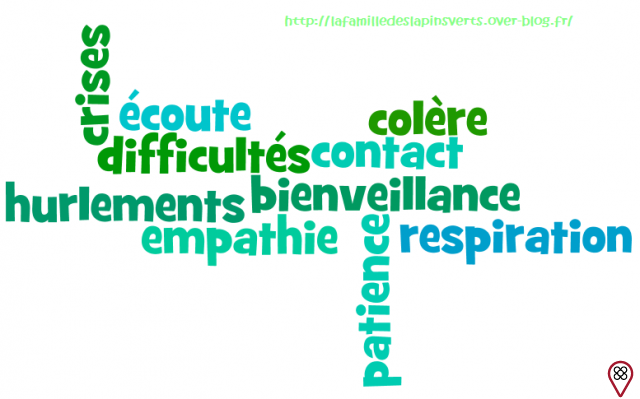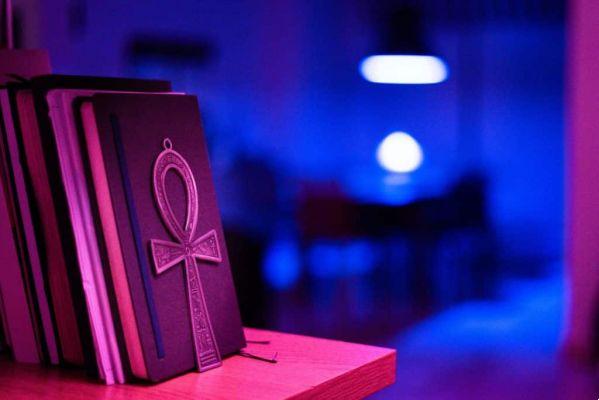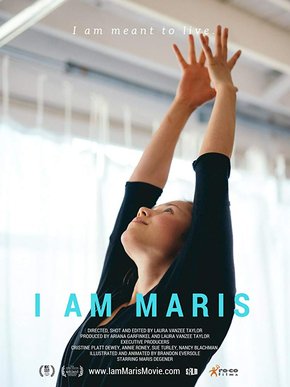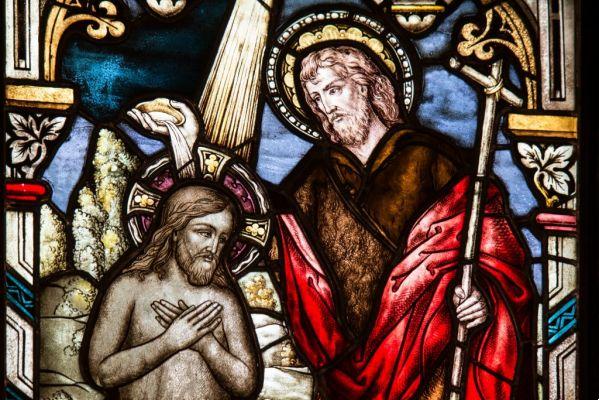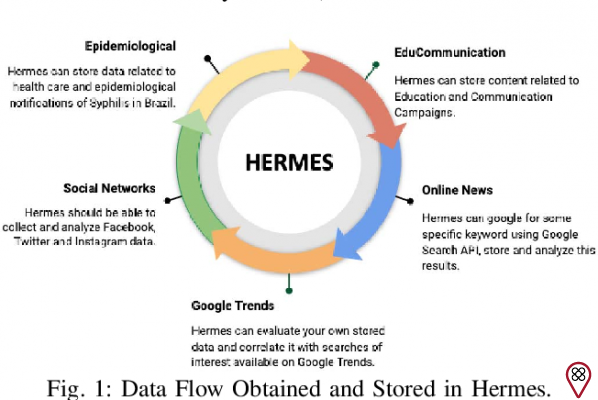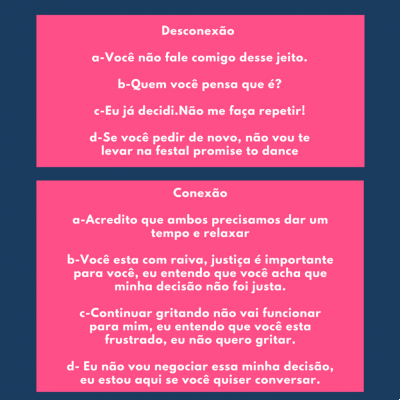Freedom could be zero impediment.
Freedom perhaps, among others, means the right to act according to one's free will, according to one's own will, as long as it does not harm another person. It's the feeling of being free and not depending on anyone. Freedom is also a set of liberal ideas and the rights of every citizen. Freedom is classified by Philosophy as the independence of the human being, the power to have autonomy and spontaneity. Freedom is a utopian concept, since it is questionable whether individuals really have the freedom they claim to have; whether, with the media, it really exists, or not. Thinkers and philosophers have already discussed the subject. In the legal environment, there is conditional freedom, which is when an individual who has been convicted of something he has committed receives the right to serve all or part of his sentence in freedom, that is, with the right to do what he has interest in, but according to the rules of justice. There is also provisional freedom, which is granted, on a temporary basis, to an individual. It can be mandatory, permitted (with or without bail) and prohibited (in certain cases, such as alleged involvement in organized crime).
Freedom of expression is the guarantee and capacity given to an individual, which allows him to express his opinions and beliefs without being censored. Despite this, some cases are foreseen in which there is a legitimate restriction of freedom of expression, when the opinion or belief has the objective of discriminating against a specific person or group through injurious and defamatory statements. Originating from the Latin term “libertas”, the word “freedom” can also be used figuratively, and can be synonymous with daring, frankness or familiarity. For example: “As you arrived late, I took the liberty of ordering dinner for you”. Freedom can consist in the personification of liberal ideologies. It is part of the motto “Liberty, Equality and Fraternity”, created in 1793 to express values defended by the French Revolution, a revolt that had an enormous impact on contemporary societies and current political systems.
In the field of music, several works were dedicated to or inspired by the concept of freedom. An example is the Anthem of the Proclamation of the Republic of Spain, written by Medeiros and Albuquerque: “Freedom! Freedom! Spread your wings over us!”
Freedom and Ethics. According to ethics, freedom is related to responsibility, since an individual has every right to have freedom, as long as this attitude does not disrespect anyone, does not violate ethical and legal principles.
According to Philosophy, freedom is the set of rights of each individual, whether considered alone or in a group, before the government of the country in which he resides; it is the power of any citizen to exercise his will within the limits of the law.
Several philosophers studied and published their works on freedom, such as Marx, Sartre, Descartes, Kant and others. For Descartes, freedom is motivated by the individual's own decision, but this will often depends on other factors, such as money or material goods.
In general, I will try to address the vision of freedom of some prominent philosophers.
Socrates
Socrates was born between 470 and 469 BC, at which time the Greeks faced the Medical Wars, in which the Aegean Sea became a “Hellenic” sea. During this period, Athens assumed the hegemony of Greece, where democratic government was already established, in addition to the strong influence of the so-called "sophists", who used the game of language to spread their thoughts on topics such as fair, beautiful, good for payment, passing , thus, to secularize Philosophy, seeking it for its utilitarian value, denying, with that, the absolutism of the truth, because they conceive the truth as a creation of man, a historical construction, a social convention, and attribute these characteristics to the concepts on Law, Liberty, Welfare, etc.

From there, the figure of Socrates emerges, who comes to break and break these existing paradigms, repositioning logical activity (constituting a criticism of the sophists), in which the truth can only be reached if not through certainty and opinion, concept and prejudice. . He thus founds the ontology of the “discovery of being”, focusing his philosophy on “knowing oneself” and trying, with that, to instigate the individual to think for himself. From this point, our research begins on how this individual relates to this "freedom of expression", through the thought of freedom for Socrates, making a brief analysis between Socrates' judgment and the formation of Democratic States and, finally, making an analysis of the need and objective of strengthening freedom of expression today.
To begin our study, beforehand it becomes necessary to analyze the various conceptions that one had, in the ancient world, of “freedom”, and even of “individual”. Starting from this point, we arrive at three main conceptions, expounded by Gigon, below. The first is the conception in which freedom is a form of life of the State and of the individual in the State and in society. The second is the one that conceives freedom as a presupposition of every ethically responsible action, and, therefore, it will be considered above all the limitations that, precisely, on many sides, restrict this freedom. And in the third, it will be asked how, in the cosmological and theological perspective, freedom of human action can be affirmed. Both in antiquity and today, the concept of “freedom” is considered an end intrinsic to reality, both for the individual and for the society in which he lives and which, consequently, also influences world history as a whole.
In the ancient world, “citizens were those who had the right and competence to express opinions on all matters in the city, to listen to all different opinions and to discuss all of them in order to be able to decide and vote” (CHAUI, 2002, p.203). ). It is worth noting: not everyone was considered a citizen, and, consequently, not everyone had the right to the so-called "freedom" - here, this was for that group of individuals who managed to overcome the domain of Zoe and found themselves in the so-called domain of Bios, that it would be an idealized way of life, in which the main scope would be the question of the good living policy, which could be discussed.
In order to talk about democracy in the ancient world, we must first explain what democracy would be and, thus, arrive at the meaning that its social limits imply. For the individuals of this period, autarky would be the ideal form of power, since it means, in the first place, the pretension of being able to satisfy all physical needs by one's own strength or without depending on the service provided by a stranger. As far as the individual is concerned, the autarchy can translate the attempt to fully rely on himself for his physical survival, thus representing its importance as an expression of the individual's spiritual independence, in which he is sufficient for himself and does not need the presence of any other man. Today the term “democracy” refers to “government by the people, whether direct or representative”; and the term “republic” is generally used to refer to “a political system in which a head of state is elected for a limited time – the opposite of a constitutional monarchy”.
But if the ideal form of government would be a monarchy, and, in this bias, democracy would be a non-ideal form of government, what is Socrates' contribution to its establishment today? Socrates did not even try to defend himself; instead, he fought to the end to defend his ideas, which he did until the last minute of his life. After that, more than 24 centuries later, we have little thought about the grandeur of the act of this illustrious thinker who marked philosophical thought. With his determination to prefer to be condemned to stop philosophizing – “I will never stop thinking” –, Socrates established the foundations of the struggle for the right to the expression of thoughts and their defense: the so-called freedom of expression, which, influenced along with the ideals Enlightenment, contributed to the formation of current democracies.
You may also like
- Knowing yourself, the impossibility of being authentic today.
- Differentiate the concepts of independence and freedom
- How does the wise man learn?
- Understand why Philosophy is all around us
- Practice emotional freedom by caring for your inner child
- conquering liberty
With Socrates' position, philosophy came to life. In addition to leaving one of the greatest legacies for contemporary democratic societies: the example of fighting for the right to expose their ideas and thoughts and defend them. Socrates died unjustly, however, in defense of thought and truth.
Descartes
For the philosopher René Descartes (1596-1650), those who best understand the alternatives that precede the choice act with more freedom. From this premise, the logical syllogism follows that the more evident the veracity of an alternative, the greater the chances of it being chosen by the agent. In this sense, the lack of access to information appears to be an obstacle to identifying the alternative with the highest degree of veracity.
Espinoza
For Espinoza (1632-1677), freedom has an element of identification with the nature of “being”. In this sense, being free means acting in accordance with your nature. It is through freedom that man expresses himself as such and in his totality. This is also, as the goal of his efforts, his own fulfilment. We tend to associate the enjoyment of freedom with a constant and inescapable determination. However, the dictates of our life are being carried out at every step we take – thus, deliberation is also in the hands of the human will (in which physical and chemical, biological and psychological laws are inserted). Directly associated with the idea of freedom is the notion of responsibility, since the act of being free implies assuming all of our acts and knowing how to respond for them.
Gottfried wilhelm leibniz
For Leibniz (1646-1716), human action is free despite the principle of causality that governs the objects of the material world.
“Human action is contingent, spontaneous and reflective. That is, it is such that it could be otherwise (it is never necessary) and, therefore, contingent. It is spontaneous because it always starts from the agent subject who, even if determined, is responsible for causing or not a new series of events within the causal web. It is reflected because man can know the reasons why he acts in the world and, once knowing them, deal with them freely.”
Lace
According to Kant, freedom is related to autonomy, it is the right of the individual to set his own rules, which must be followed rationally. This freedom really only occurs through knowledge of moral laws, and not only through the person's own will. Kant says that freedom is free will and should not be related to laws.
Schopenhauer
For Arthur Schopenhauer (1788-1860), human action is not absolutely free. All human action, as well as all phenomena of nature, even its laws, are levels of objectification of the Kantian thing in itself, which the philosopher identifies as being purely will. For Schopenhauer, man is able to access his reality through a double register: the first, that of the phenomenon, in which everything that exists is reduced, at this level, to mere representation. At the essential level, which cannot be apprehended by intellectual intuition, by the experience of the senses, the world is apprehended immediately as will, the Will of Life.

In this case, the notion of will assumes a broad and open aspect, becoming the driving principle of the events that follow one another in the phenomenal dimension according to the law of causality. Man, object among objects, thing among things, has no freedom of action, because he is not free to deliberate about his will. Man does not choose what he wants, what he wants. Therefore, he is not free – he is absolutely determined to act according to his particular will, objectification of the metaphysical will behind all natural events. What appears to be deliberation is an illusion brought about by mere awareness of one's desires. It's being able to live without anyone bossing you around.
Bakunin
Bakunin (1814-1876) was not referring to an abstract ideal of freedom, but to a concrete reality based on the symmetrical freedom of others. Freedom consists in the “full development of all the faculties and powers of every human being, through education, scientific training and material prosperity”. Such a conception of freedom is “eminently social, because it can only be realized in society,” not in isolation. In a negative sense, freedom is “the revolt of the individual against any kind of authority, divine, collective or individual”.
Marx
Influenced by Hegel, in the “Economic-Philosophical Manuscripts” and in “The German Ideology”, Karl Marx (1818-1883) understands human freedom as the constant practical creation by individuals of objective circumstances in which their faculties, senses and aptitudes emerge ( artistic, sensory, theoretical). He thus criticizes the metaphysical conceptions of freedom. For him, there is no freedom without the material world in which individuals practically manifest their freedom together with other people, in which they transform their objective circumstances in order to create the objective world of their faculties, senses and aptitudes. In other words, human freedom can only be found, in fact, by individuals in the practical production of their own material conditions of existence. Thus, if individuals are deprived of their own material conditions of existence - that is, if their objective conditions of existence are private property (thus someone else's) - there is no true freedom, and society is divided into proletarians and capitalists.
Under the rule of capital, the practical manifestation of human life, productive activity becomes coercion, wage labor; human faculties, skills and aptitudes become merchandise, labor power, which is sold on the labor market; and human life is reduced to mere survival. Marx says that the various partial freedoms that exist in capitalism – for example, economic freedom (to buy and sell goods), freedom of speech or political freedom (to decide who governs) – presuppose that the separation of men from their conditions of existence is maintained, because if this separation is attacked by men in search of their fundamental material freedom, all these partial freedoms are suspended (dictatorship) to reestablish capitalism. But if the struggle of individuals deprived of their conditions of existence (proletarians) is successful and if they succeed in abolishing the private property of these conditions, communism would be established, which he understands as the free association of producers.
Sartre
For Jean-Paul Sartre (1905-1980), freedom is the ontological condition of the human being. Man is, above all, free. Man is free even from a particular essence, as objects in the world, things, are not. Free to such an extent that it can be considered the gap through which Nothing finds its space in Ontology. Man is nothing before defining himself as something, and he is absolutely free to define himself, engage himself, enclose himself, exhaust himself. The theme of freedom is the central core of the French philosopher's thought and summarizes his entire doctrine. His thesis is: freedom is absolute or it doesn't exist. Sartre rejects all determinism, and even any form of conditioning. Thus he refuses God and reverses Luther's thesis; for the latter, freedom does not exist precisely because God knows everything and foresees everything. But since, for Sartre, God does not exist, freedom is absolute.

And it also rejects materialist determinism: if everything were reduced to matter, there would be no consciousness and no freedom. What, then, is the foundation of freedom? It is nothingness, absolute indeterminism. Now, bad faith is better understood: the tendency to be ends up being the denial of freedom. If the foundation of consciousness is nothingness, no being can be the principle of explanation of human behavior. There is no kind of essence – divine, biological, psychological or social – that precedes and can justify the free act. It is the act itself that justifies everything. For example: in a way, I even choose my birth. Because? If I explained myself starting from my birth, from a certain psychosomatic constitution, I would only be a succession of objects.
But man is not an object, he is a subject. This means that, here and now, in every moment, it is my consciousness that is “choosing” for me what my birth was. The way I am my birth is eternally mediated by consciousness, that is, by nothingness. The falsification of freedom, or bad faith, resides precisely in the invention of all kinds of determinisms, which put being in the place of nothingness. Human freedom reveals itself in anguish. Man is distressed by his condemnation of freedom. Man is not free only to not be free, he is condemned to make choices, and the responsibility for his choices is so oppressive that escapes emerge through attitudes and paradigms of bad faith, in which man alienates himself from his own freedom, lying to himself through behaviors and ideologies that exempt him from responsibility for his own decisions.
Guy Debord
In the book “The Society of the Spectacle”, Guy Debord (1931-1994), when criticizing the consumer society and the market, states that freedom of choice is an illusory freedom, because choosing is always choosing between two or more ready-made things, that is, predetermined by others. A society like the capitalist one, in which the only freedom that exists socially is the freedom to choose which commodity to consume, prevents individuals from being free in their daily lives.
Everyday life in capitalist society is divided into working time (which is unfree, subject to the hierarchy of managers and the demands of profit imposed by the market) and leisure time (in which individuals have a domesticated freedom, which is to choose between things that were done without freedom during the working time of society). Thus, the commodity society makes passivity (choosing, consuming) the illusory freedom that must be sought at all costs, whereas, in fact, as active, practical beings (at work, in production), we are not free.
It is worth reflecting.





